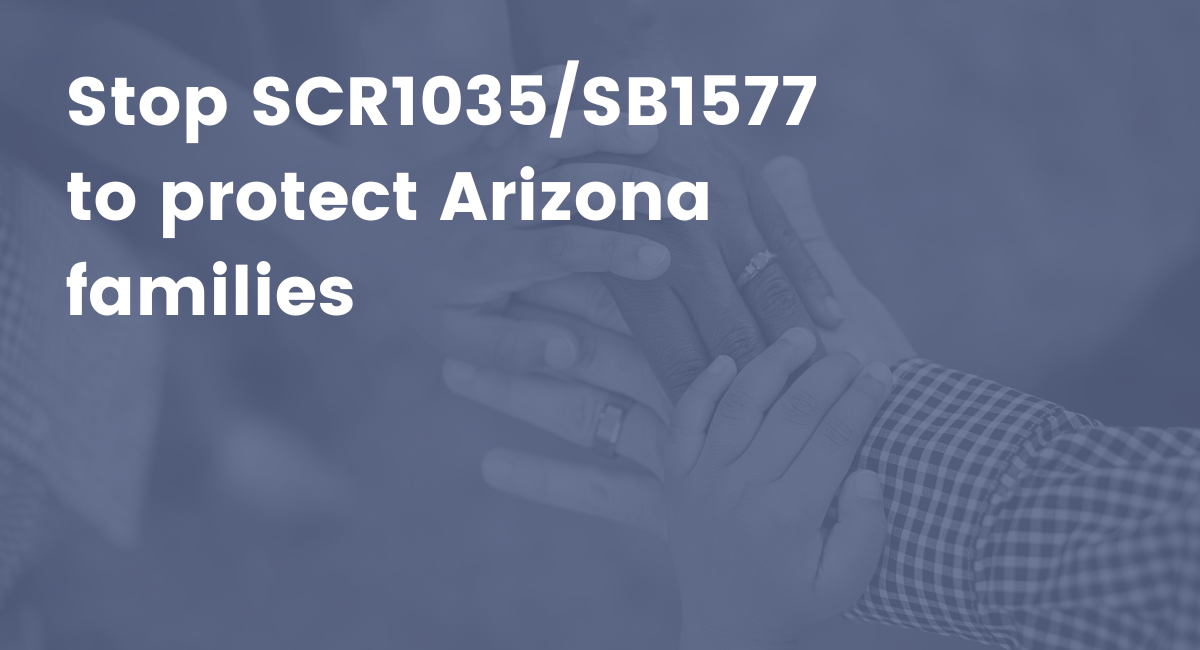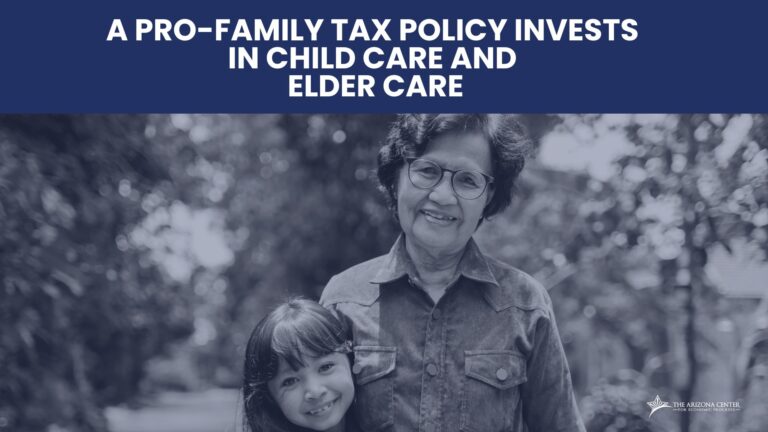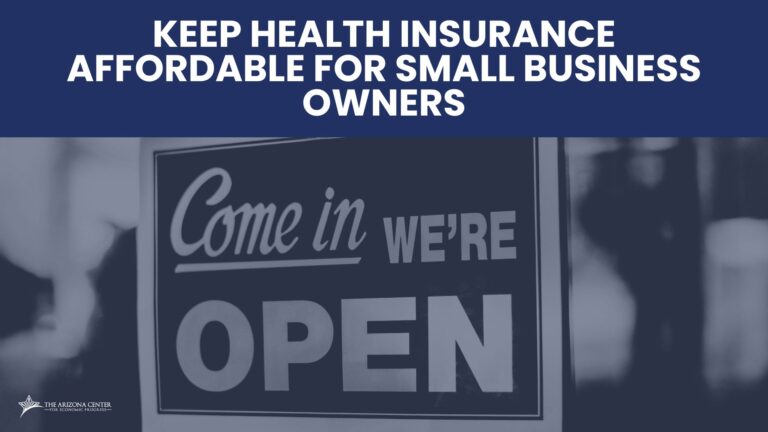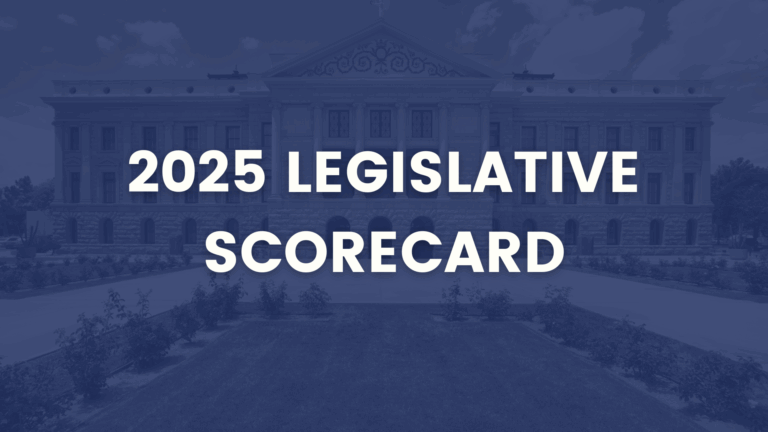
Stop SCR1035/SB1577
A PROPOSAL FOR AUTOMATIC INCOME TAX CUTS SOUNDS BENIGN BUT WOULD EVENTUALLY CAUSE GREAT HARM TO MANY ARIZONANS
Understanding the Real Costs of Arizona SCR1035 and SB1577
The Arizona Legislature Senate Concurrent Resolution 1035 (SCR1035) and Senate Bill 1577 (SB1577) both have the same end goal in mind – to provide an outsized gain to wealthy taxpayers and weaken the state’s ability to provide the vital services Arizonans depend on. On the surface, these proposals may appear to be beneficial, but when you look beyond the terminology like “structural surplus” and complex formulas based on state revenue and spending data, it's clear that this is actually a costly tax cut for those who need it least.
Background on SCR1035 & SB1577
SCR1035 and SB1577 have the same goal – to systematically reduce the state’s individual income tax rate. SCR1035 is a resolution that would put a ballot question to voters without approval from the governor, while SB1577 is going through the standard legislative process. The proposals would make permanent cuts to the state’s individual income tax rate when revenues grow quicker than expected and remain at that same lower level even in times when the state needs more revenues, such as during a recession or other state emergency. Pausing or reversing these automatic tax cuts would be exceedingly difficult to do as Arizona law requires a supermajority vote by both legislative houses to increase taxes.
The Impact on Local Communities
Arizona’s cities and towns currently receive 15 percent of state income tax collections annually, with that share slated to increase to 18 percent next year as the result of the implementation of the flat individual income tax. The income tax cuts resulting from SCR1035 and SB1577 would force cities and towns to increase other taxes, such as local sales and property taxes, introduce new taxes, or slash funding for emergency responses, libraries, community health clinics, and other services.
The Impact of Tax Cuts on Low-Income Taxpayers
While high-income taxpayers have the most to gain from the systematic income tax cuts this proposal would create, Arizonans with the lowest incomes will feel the impact more deeply due to increased expenses or reduced services caused by reduced government funding at both the state and local levels. Tax cuts like these are not equitable and should be avoided so that all citizens receive fair treatment regardless of their income level.
Learn more from the Center on Budget and Policy Priorities about this proposal, here.
Our veto request to the Governor's office can be found here.



